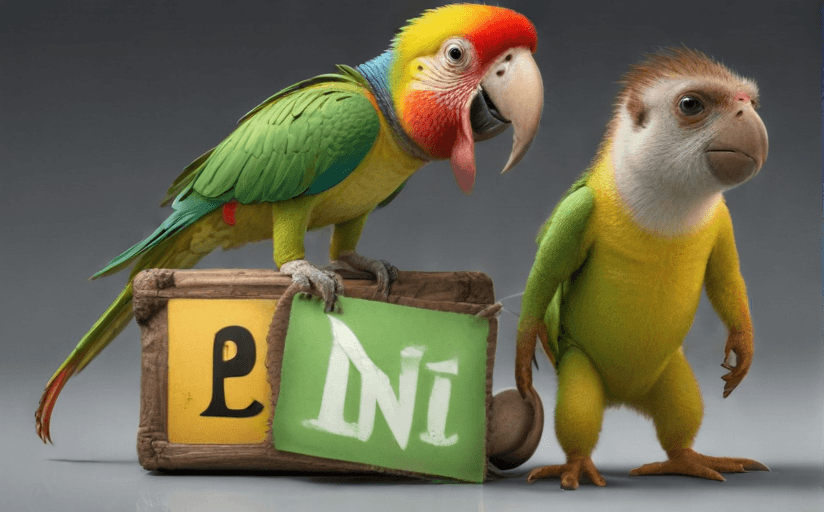Breeding and Selling of Exotic Animals: Ethical or Unethical?
In this article, we aim to venture into a compelling and contested sphere – the breeding and selling of exotic animals. As it entails ethical implications, this topic sparks debates across various fields. Whether you view this trade as an innocent indulgence, a lucrative business, or a violation of animal rights, one cannot deny its complex nature and far-reaching consequences.
Animal Rights
The direct impact of this industry lies in the area of animal rights. Critics argue that exotic animals, by their very nature, are not suitable for captive environments. They stress that these animals are often separated from their natural habitats and moved across continents, causing them undue stress and possible physical harm. Moreover, the confinement of exotic animals for selling purposes often prevents them from expressing their natural behavior and can lead to serious physiological and psychological issues.
Human Safety
Besides the impact on animals themselves, the exotic pet trade also poses significant risks to human safety. Many exotic animals are large, unpredictable and potentially dangerous. Tragedies involving captive exotic animals attacking humans highlight the severe safety risks posed by possessing these creatures for personal status or interest.
Ecological Balance
This practice’s impact extends beyond human or animal life; it interferes with the intricate networks of ecological balance as well. Capture of exotic species from the wild can disrupt natural ecosystems, causing a ripple effect of consequences across species and habitats. Not only that, but introduced exotic pets can also become invasive species if they escape or are released into the wild, potentially wreaking havoc on local ecosystems.
Economic Factors
On the other hand, proponents of the trade often focus on its economic benefits. They argue that the breeding and selling of exotic animals can be a lucrative business venture, contributing to revenue generation and job creation. Some also believe that it can promote conservation awareness and education, although this is a highly debated point.
Conclusion
This discourse regarding the breeding and selling of exotic animals incorporates many viewpoints, from reputable animal conservationists and ethical philosophers to exotic pet breeders and owners. It is essential to consider all perspectives and implications to form an evidence-based opinion towards this controversial affair. Determining whether the practice aligns or contradicts ethical norms is not a straightforward task and requires an in-depth, balanced, and thorough exploration as attempted in this article.



















Comments
Leave a Comment